We have to look far back into the past if we want to map the antecedents of Reformed university education in Hungary. Until Joseph II's Patent of Toleration in 1781, the Reformed Church could neither have a congregation nor a college in Pest and Buda, so the idea of establishing a Protestant University in Pest only arose at the end of the 18th century. However, this was not realised until the events of 1848, and after the defeat of the War of Independence, it was further delayed. But as soon as there was an opportunity, the church immediately began to start pastoral training. As a result, on 10 October 1855, Deputy Bishop Gábor Báthory opened the Pest Theological Academy with 15 first-year students (Budapest Reformed Theological Academy from 1873) in the Kálvin Square church. It was an important day for the Reformed and Evangelicals of Buda and Pest, as Protestant theology could finally find a place in the capital.

Pastoral training initially took place in the two-story school building on Kálvin Square, next to the church (Source: FSZEK Budapest Collection)
The director of the academy was Pál Török (1808-1883), a Reformed pastor who was the Bishop of the Dunamelléki Diocese from 1860. As the reputation of the academy grew, so did the number of students. At first, lectures were held in the halls of the parish, but classes were also held in professors' apartments. Finally, in 1863, a two-story school was built next to the Kálvin Square church, the academy operated here until 1912.
The aim of the institution was as follows: "it should grow into a higher institution in which all theological sciences are taught in their entirety, and to some extent should replace foreign universities for those young people who cannot visit them."
Since the beginning of the 20th century, the school building was too small for the number of students, and a new location was sought for the institution. This is how Ráday Street, the area of the former tobacco factory, became the location of education.

The Theological Academy building at 28 Ráday Street in the 1930s
The area bounded by today's Ráday Street – Köztelek Street – Üllői Road – Kinizsi Street was owned by the Pest lawyer Márton Szvetenay at the beginning of the 19th century, who donated the land to the city in 1838 so that barracks could be built there. From 1850, the completed building complex was taken over by the Royal Hungarian Tobacco Revenue (Magyar Királyi Dohányjövedék), and then the Ferencváros Tobacco Factory was converted and put into operation, which stayed here for almost 50 years. In 1909, the diocese first leased and then purchased the Ráday Street plot of the Ferencvárosi Tobacco Factory and the building on it, and then began expansion.
The building of the Theological Academy at 28 Ráday Street was inaugurated on 2 November 1912. Thanks to the large capacity of the building, the boarding school, the bishop's office, the Ráday Library and the diocese archive were also located here.
The house was badly damaged during World War II and the siege. In 1955, on the occasion of the 100th anniversary of the Theological Academy, the boarding school was partially modernised and some reconstruction and renovation took place.

The academy building on a postcard (Source: hungaricana.hu)
Almost two decades later, in 1978, the diocese general assembly voted to renovate the building on a large scale and expand it with a new wing. The new wing was built between 1981 and 1983 and was inaugurated on 10 October 1983, on the Academy's 128th anniversary. The old building was completely renovated between 1983-87. The world's second Bible museum was opened here.
The Parliament declared the Budapest Reformed Theological Academy a university on 1 July 1990. After that, the Synod of the Reformed Church, at its meeting on 24 February 1993, decided to found the Károli Gáspár University of the Reformed Church in the spirit of the following Word: "Destruction has overtaken my people because they have no knowledge." (Hosea 4:6). The decision was supported by the Government of the Republic of Hungary and approved by the Parliament on 21 September of that year.

The Faculty of Humanities building at 4 Reviczky Street (Source: kre.hu)
The state-recognised Károli Gáspár University of the Reformed Church continued the traditions of the long-established Reformed colleges - Sárospatak, Pápa, Debrecen, Nagyenyed, Cluj-Napoca and others. The founding document stated: in addition to nurturing Protestant traditions, the university wishes to serve the universal Hungarian culture here and outside the borders. In addition to pastoral training, they also started university-level teacher training. The Faculty of Humanities opened with four full-time majors (history, Hungarian language and literature, English language and literature, and Reformed religion teaching major).
The first ceremonial opening of the school year was held on 11 October 1993, in the ceremonial hall of the Ráday College. At the opening ceremony, Dr Loránt Hegedűs, Bishop of the Dunamelléki Diocese and Pastoral President of the Synod, gave a speech. Dr Kálmán Benda became the acting rector of the university. It was a thoughtful decision that the institution took Károli's name - although the names of János Apáczai Csere and Gábor Bethlen were also considered - but Gáspár Károli's work, the first complete Hungarian Bible translation became the basis of universal Hungarian culture and the literary language.

The building of the Faculty of Law at 2-4 Viola Street, 4th District (Photo: kre.hu)
Nowadays, the bishop's office of the diocese, the Faculty and Dormitory of Theology of the Károli Gáspár University of the Reformed Church, the Library and Archives of the Ráday Collection, and the renovated Bible Museum operate on the former site of the theological academy at 28 Ráday Street.
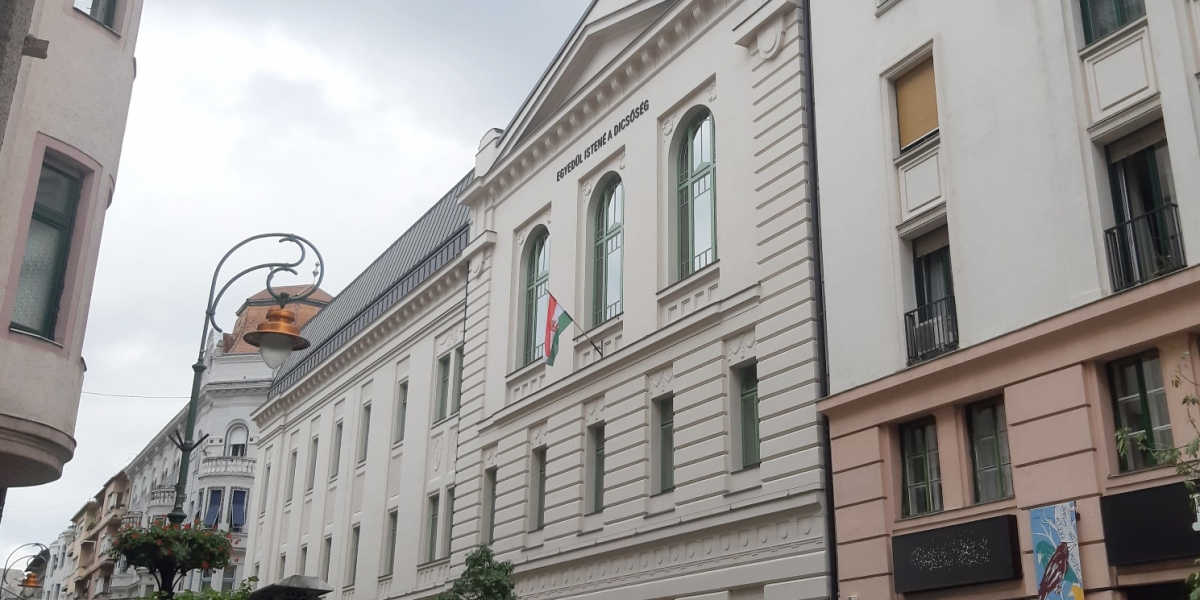
Károli Gáspár University of the Reformed Church also hosted the students in the building at 28 Ráday Street (Photo: pestbuda.hu)
For the Faculty of Humanities, which was established in 1993, the institution received the 8th District, 4C Reviczky Street building, which was constructed as a residential building for the Wenckheim Family. The Faculty of Law at the university was established in 1998, its seat in Budapest is located at 2-4 Viola Street in the 4th District.

Nowadays, the students of the reformed university study in the building of the former Aréna (Dózsa György) Road state girl's school (Source: FSZEK Budapest Collection, recorded by György Klösz around 1894)

The building of the former state girls' school under 25-27 Dózsa György Road in the 14th District. Several departments of the Faculty of Humanities operate here (Source: kre.hu)
In the past ten years, the institution has expanded with several buildings, so the Faculty of Humanities and Social Sciences now welcomes students at four locations. In addition to 4 Reviczky Street, since 2014, the Institute of English Studies, the Institute of Hungarian Linguistic, Literary and Cultural Studies and the Teacher Training Centre are located in the 25-27 Dózsa György Road building. The patinated facility was once home to the Municipal School for Girls on Aréna Road. Education of humanities also takes place at 324 Bécsi Road, where the Faculty's Institute of Psychology is located. The fourth location is the Károlyi-Csekonics Palace at 6 Reviczky Street. The government decided in 2015 that the building would be used by the university after the renovation.

The Faculty of Economics, Health Sciences and Social Studies is located at 3-5 Viola Street in the 4th District (Photo: kre.hu)
The residence was built between 1881-1885 by Margit Csekonics and her husband, István Károlyi. The plans were made by two renowned architects and theatre architects of the Austro-Hungarian Monarchy, Ferdinand Fellner and Hermann Helmer. The building, which was seriously damaged in World War II, did not receive a worthy renovation in the following decades, although after the war it housed the National Technical Library. In 1965-1966, the Reviczky Street wing of the building was expanded by adding two floors, and in 2004 it was placed under monument protection.
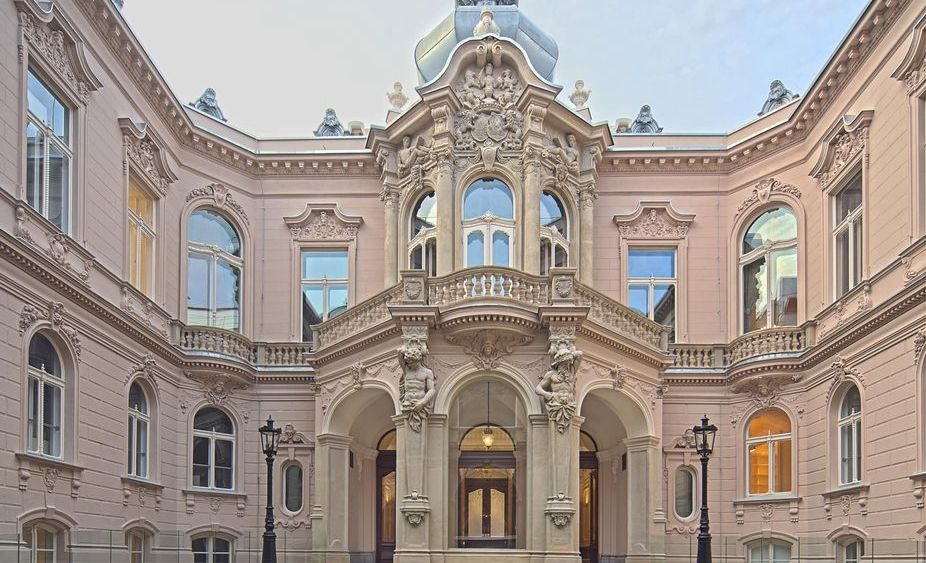
The Károlyi-Csekonics Palace welcomes the students of the university's Faculty of Humanities (Photo: kre.hu)
Above its main entrance, in an arched field, we can still admire the coat of arms of the Károlyi Family with ancient, heraldic and other coats of arms, but also the crown, the shield-holding lions, the helmets and helmet decorations, as well as the helmet covers. After the renovation, the university was able to take possession of the building in 2020.

The Rector's Office building at 9 Kálvin Square (Photo: kre.hu)
In 2019, the Faculty of Pedagogy of the university was able to move into the 161-163 Árpád Road building. The institution also includes the Bocskai István College for Advanced Studies in Law (4th District, 15 Hajnal Street) and the Benda Kálmán College of Excellence in Humanities and Social Sciences (8th District, 26 Horánszky Street). The rector's office operates in the building at 9 Kávlin Square.
Tragedy also befell the Reformed university. The dormitory on Ráday Street burned down in 2019 due to arson. The restoration began that same year, the new dormitory wing was completed in the fall of 2022 on the site of the burnt dormitory on the side facing Markusovszky Square. In addition, the patinated palace acquired in 1912 was also remodelled. In the renovated headquarters, visitors now can approach the bishop's office from 28 Ráday Street, and the Faculty of Theology of the Károli Gáspár University of the Reformed Church from Köztelek Street.
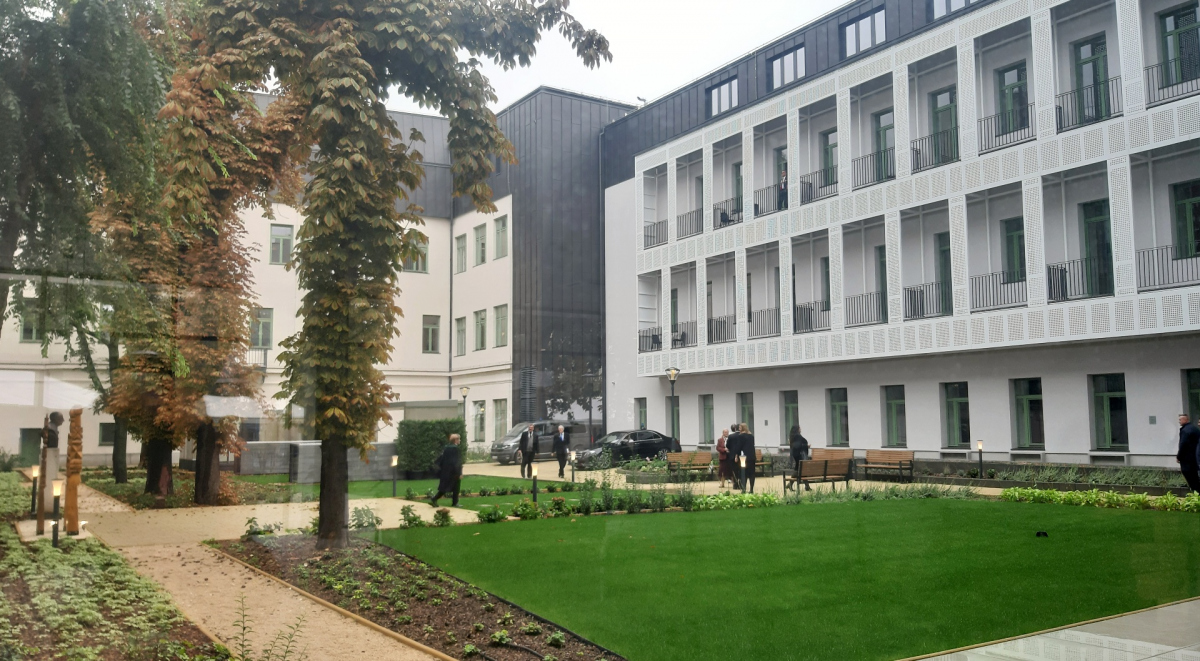
The Ráday Higher Education Student Home handed over in autumn 2022 on the site of the burnt-down Ráday College (Photo: mti.hu)
The university, which is 30 years old this year, is the 4th best university out of the 38 ranked Hungarian higher education institutions, according to the institution's website and information, and the number of its students is constantly increasing. The purpose of its operation is the same as that stated in its charter: "the mission of the University is to educate young people consciously claiming the morals and spiritual values of Christianity, and to train professionals with up-to-date knowledge for the good of the nation, to serve Hungarians living in Hungary and outside our borders alike...".
Cover photo: The Rector's Office building at 9 Kálvin Square (Photo: kre.hu)

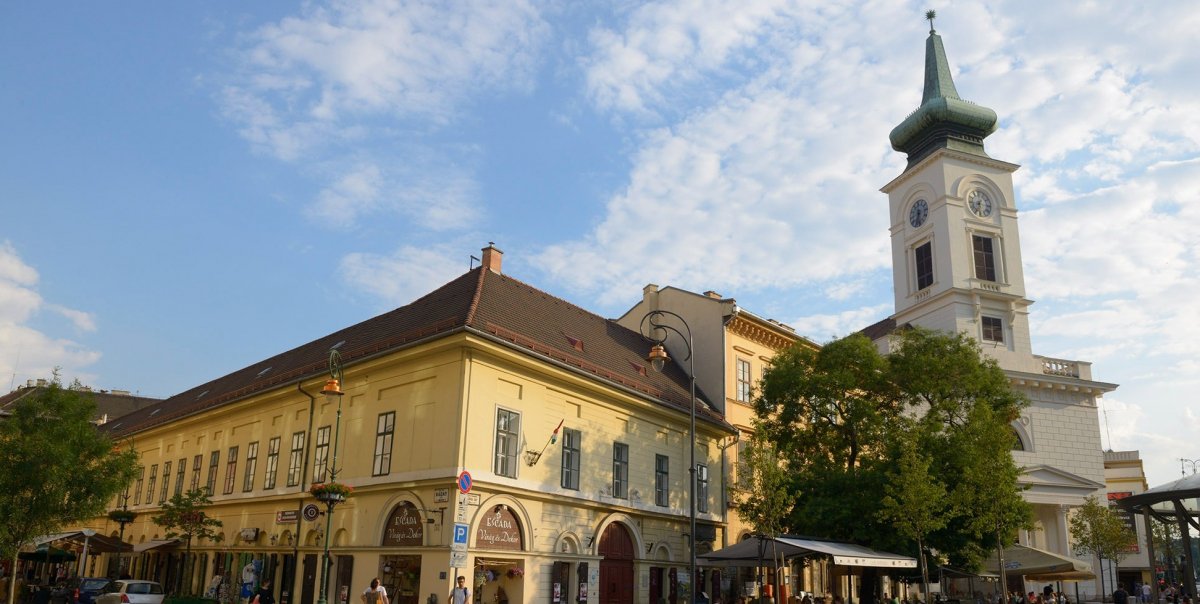
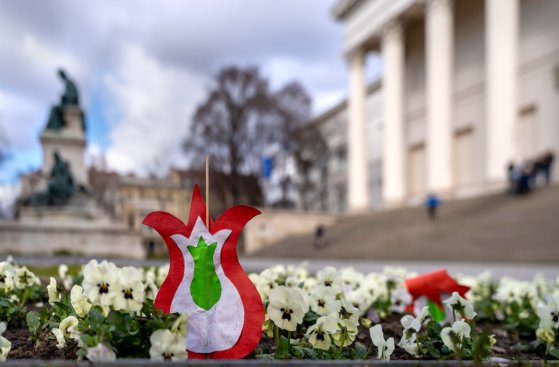
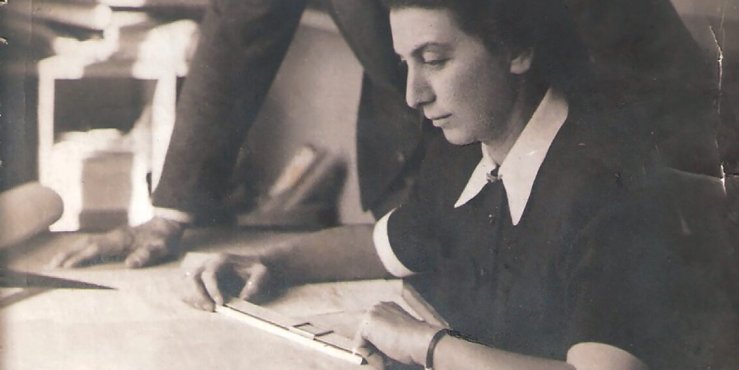

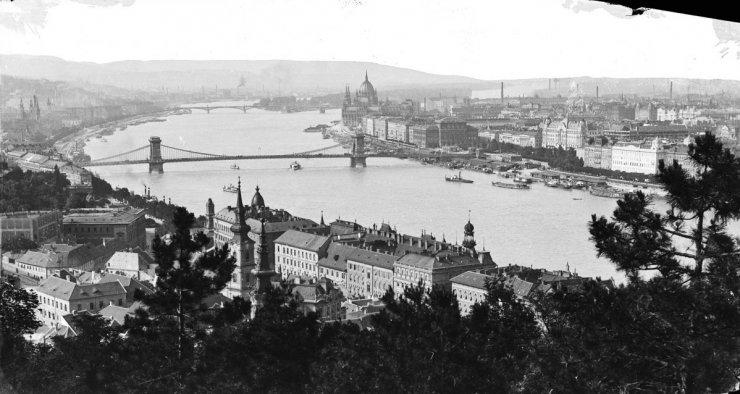
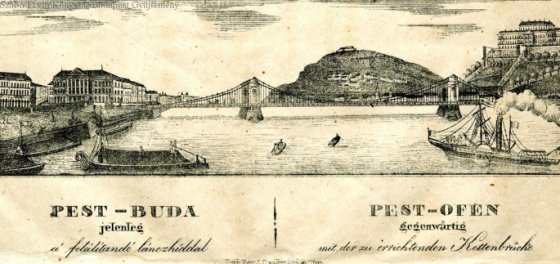
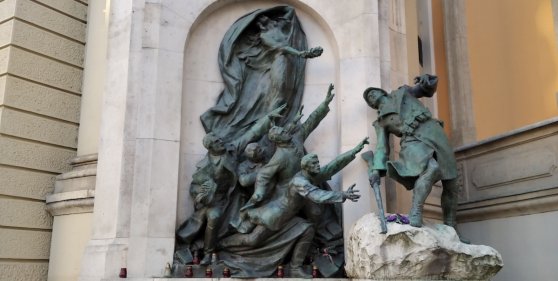
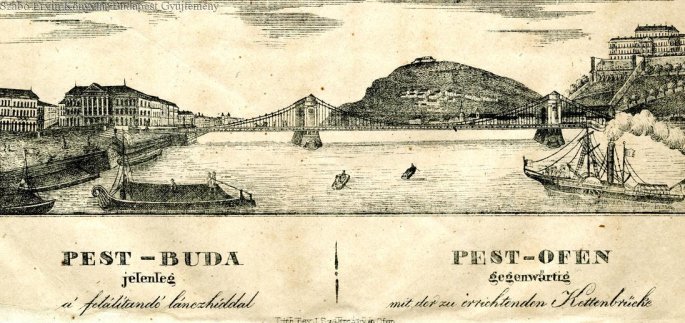
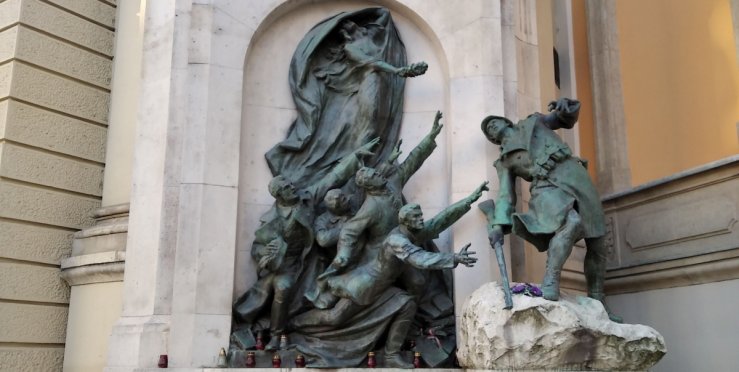
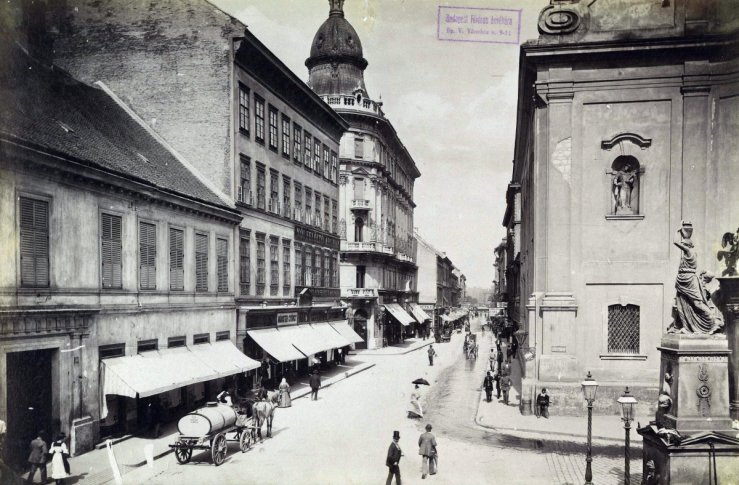
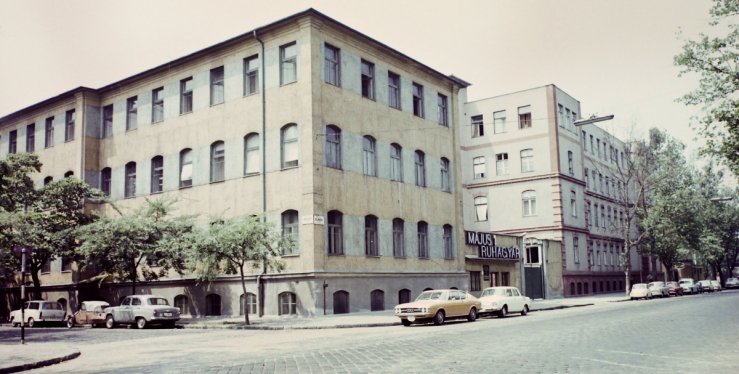
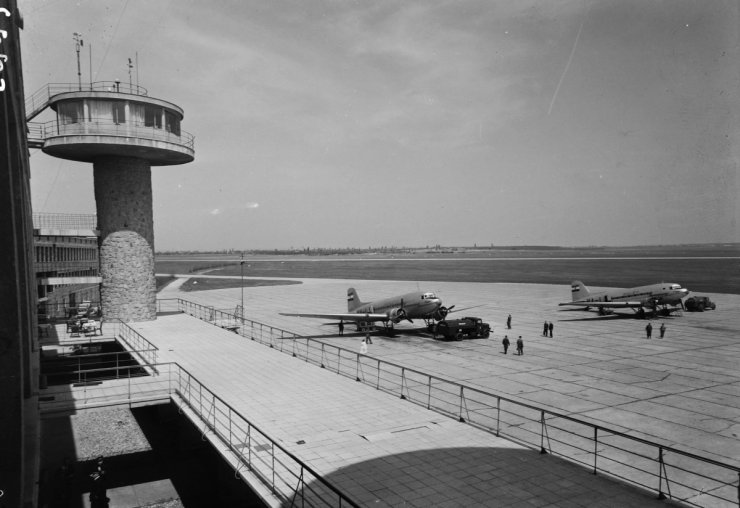
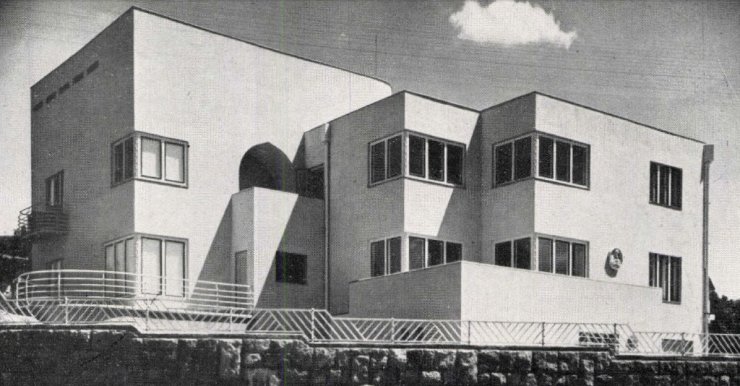
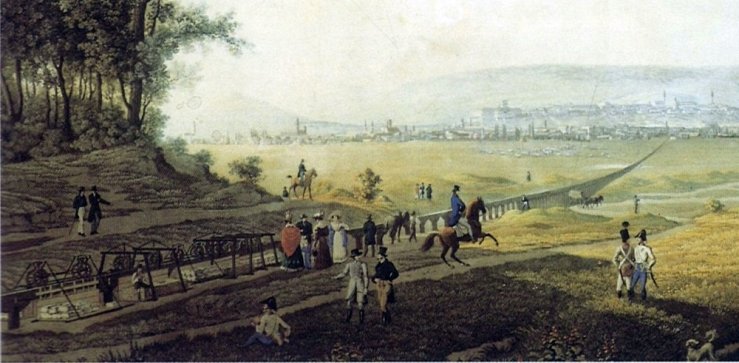
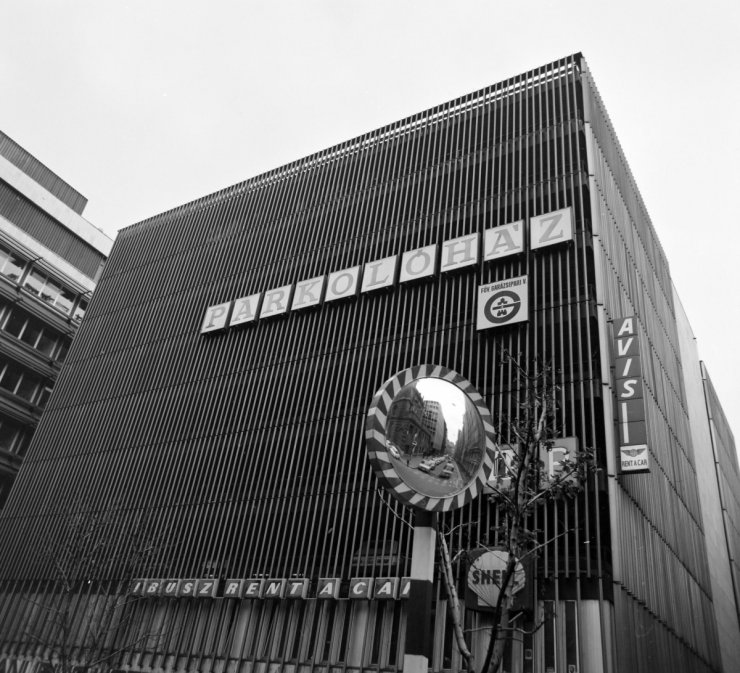
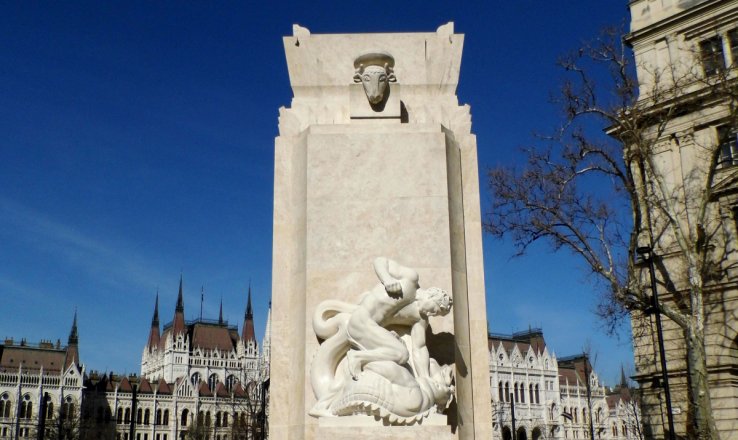
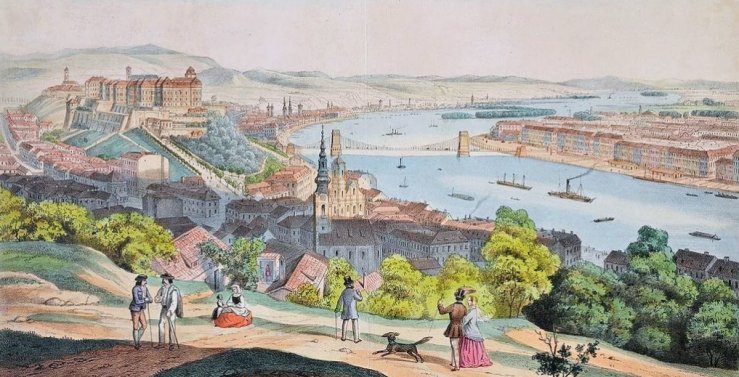
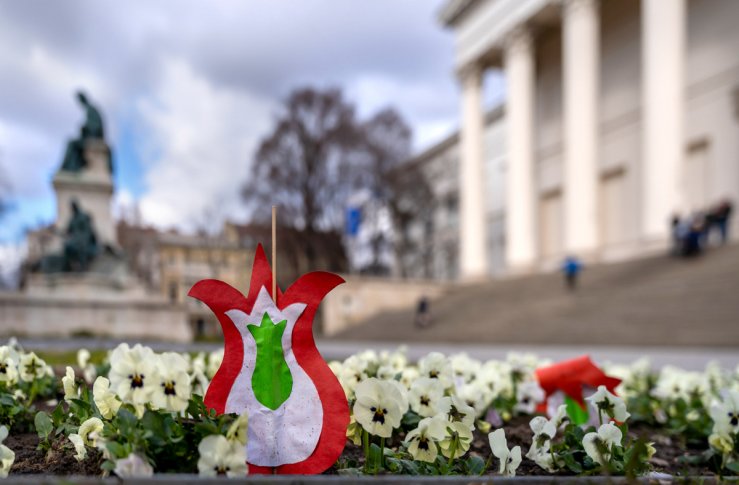
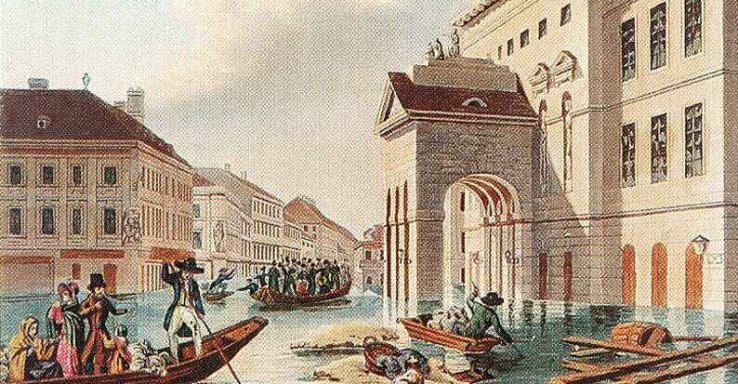
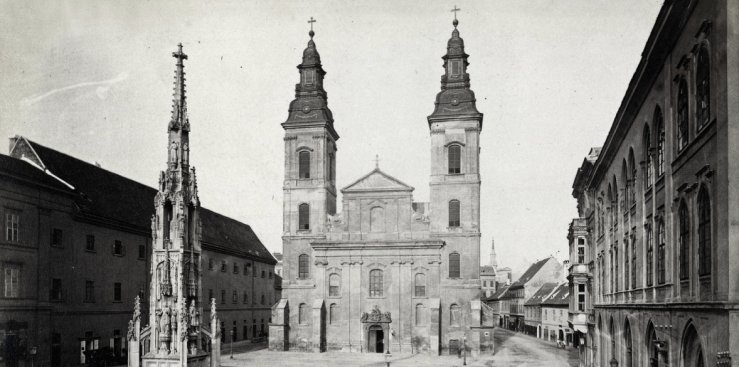
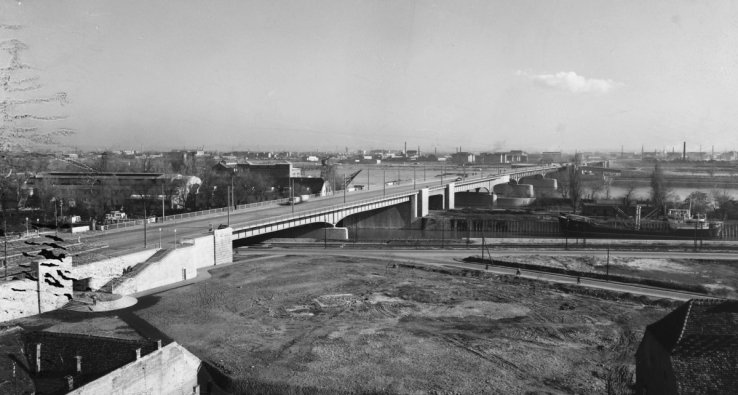
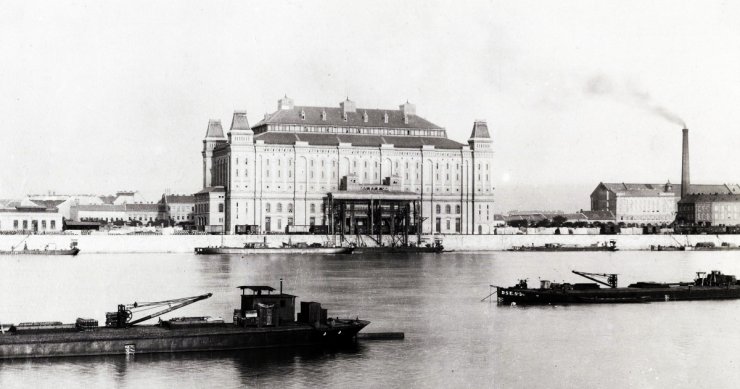
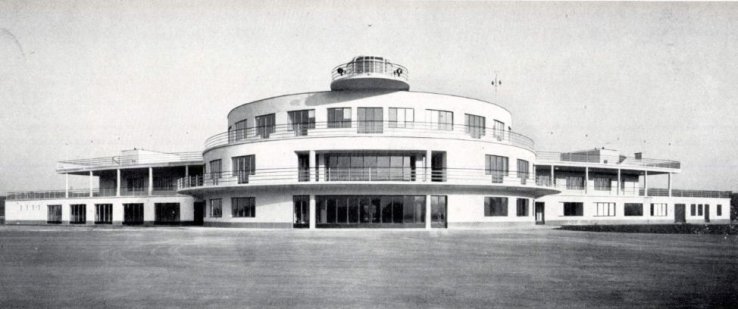
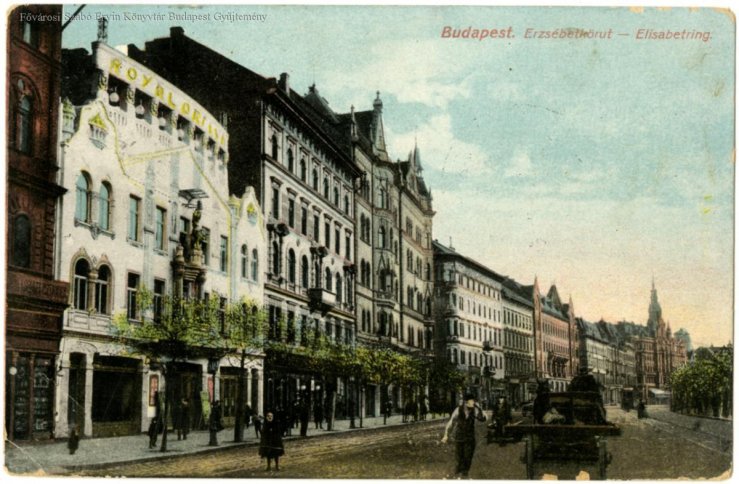
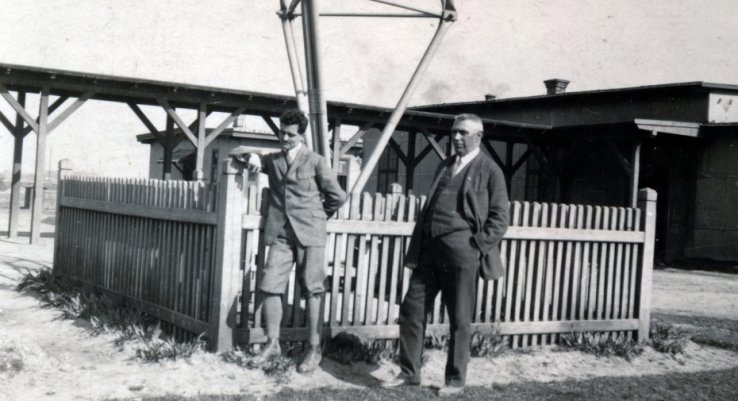
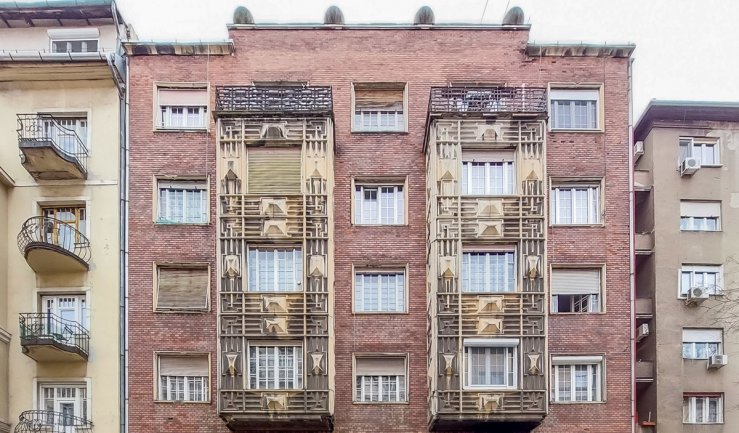
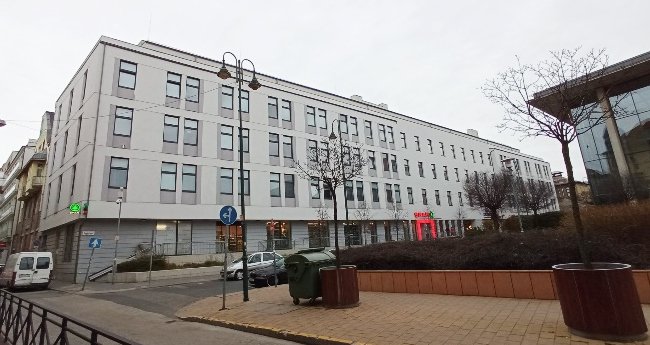
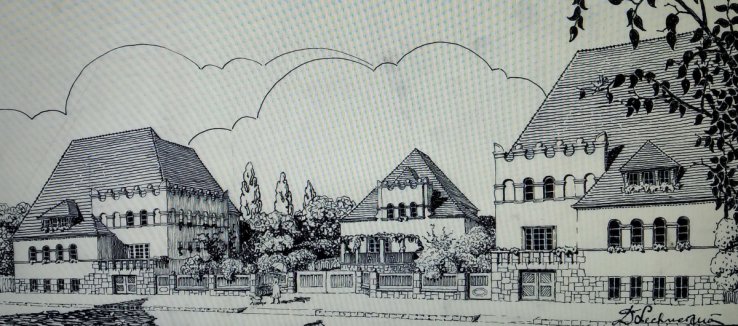
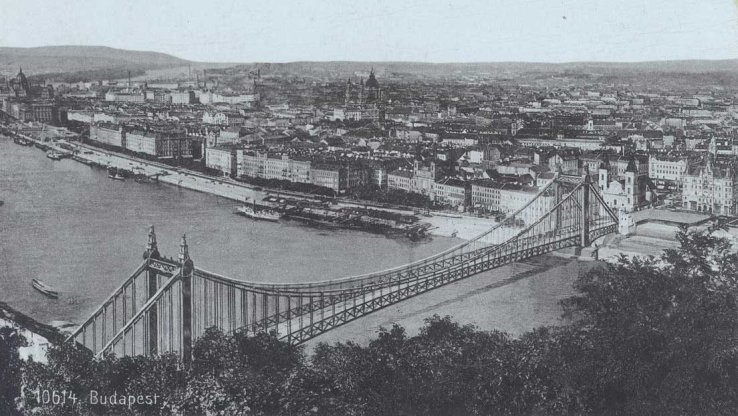
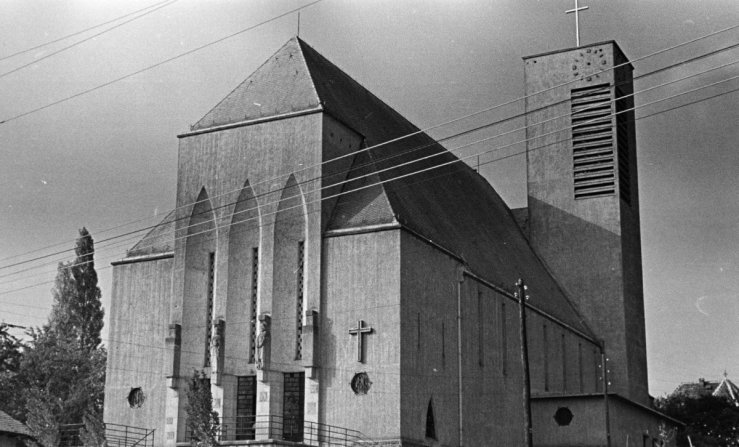
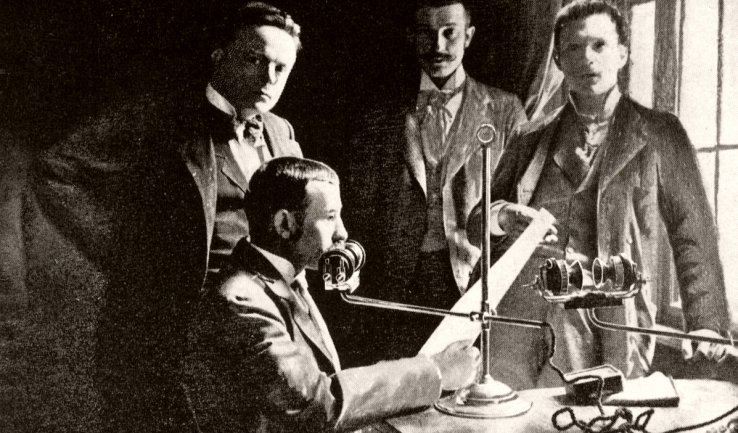
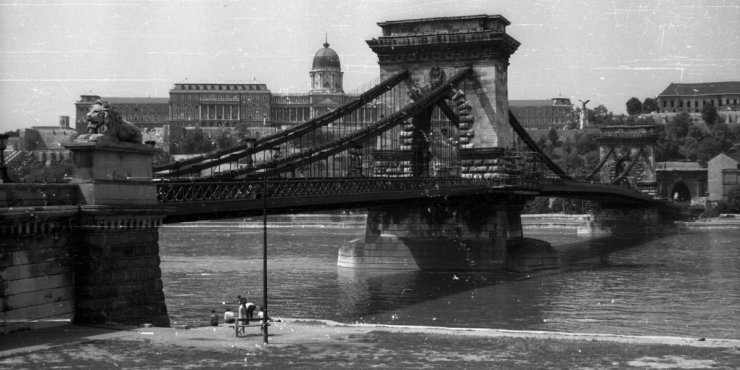
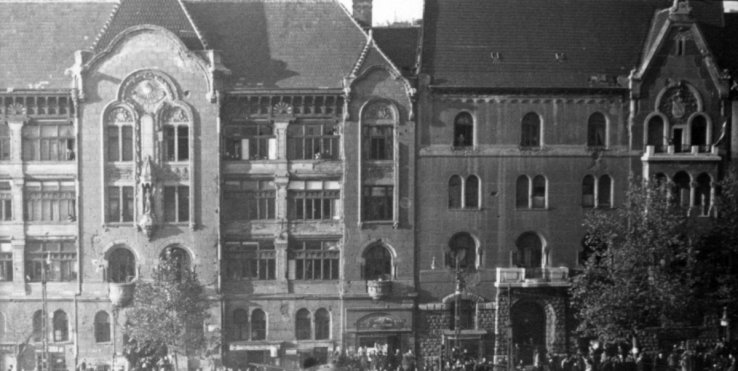
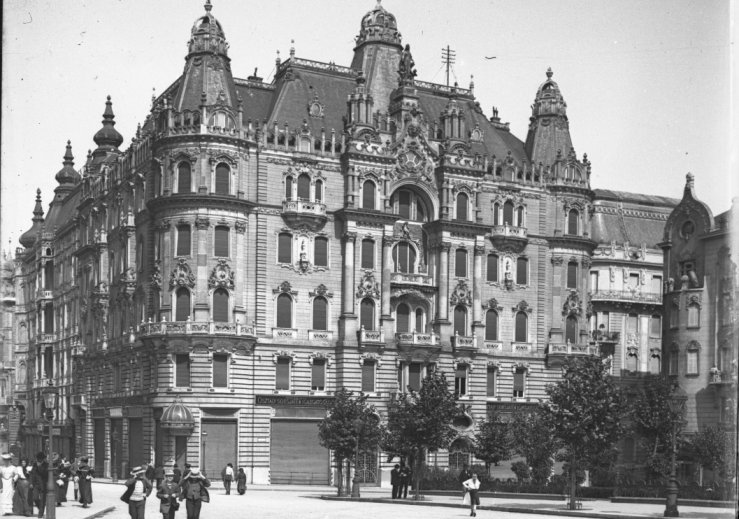
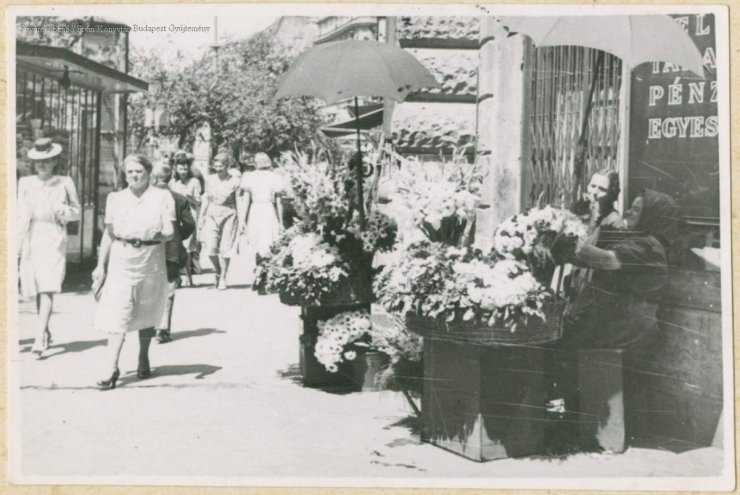
Hozzászólások
Log in or register to comment!
Login Registration